Academic summer programs offer students an opportunity to progress their academics and gain exposure to their interests in a professional setting. According to the College Board, an organization that facilitates the transition from high school to college, academic summer programs can help students by advancing their learning during the non-school season. These programs can counter the phenomenon of “summer slide” while also sometimes letting students earn college credit. Senior Quinn Watrous attended one of the programs at Wake Forest University in North Carolina.
“I did two different programs,” Watrous said. “I did [a] debate one and a law one. [In] the debate one you just did like little debates all day, which was super awesome.”
he program modeled what a typical day at university would look like. Universities typically have a more rigid schedule with less classes or lectures in a day compared to high school.
“You stay in the dorms, you wake up [and] you go to the dining hall,” Watrous said. “You go to a few classes you have like a little bit of free time. And then you go to bed.”
However, Watrous addressed that not everything was exactly ideal. He preferred the more participatory classes.
“I liked the debate one more because it was more fun and less informational,” Watrous said. “[In] the law [class], you had to listen to people all day.”
Being interested in a law career, the summer immersion program also helped him develop skills, which according to Watrous, could be applicable in the field.
“I learned what it would be like to have a career and law,” Watrous said. “I also improved my public speaking skills, my debate skills and a lot of other skills.”


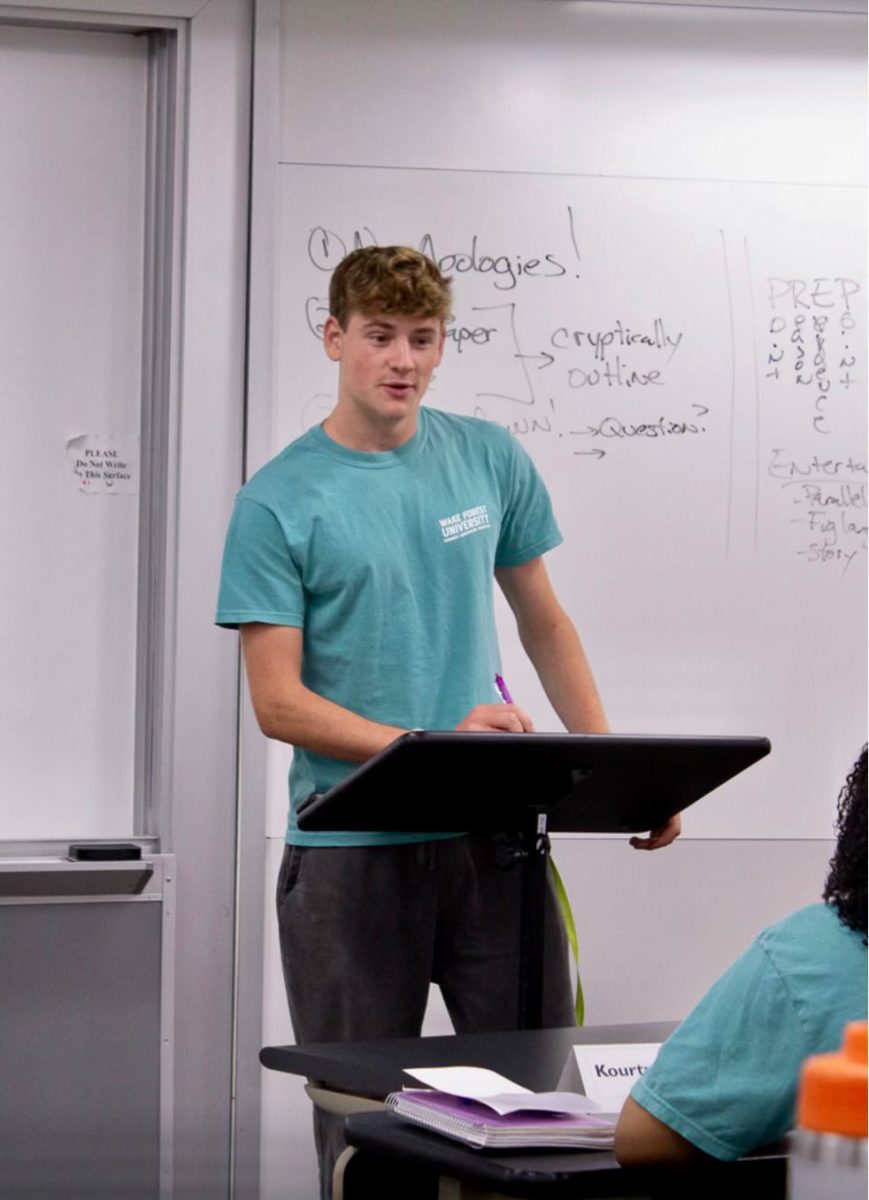
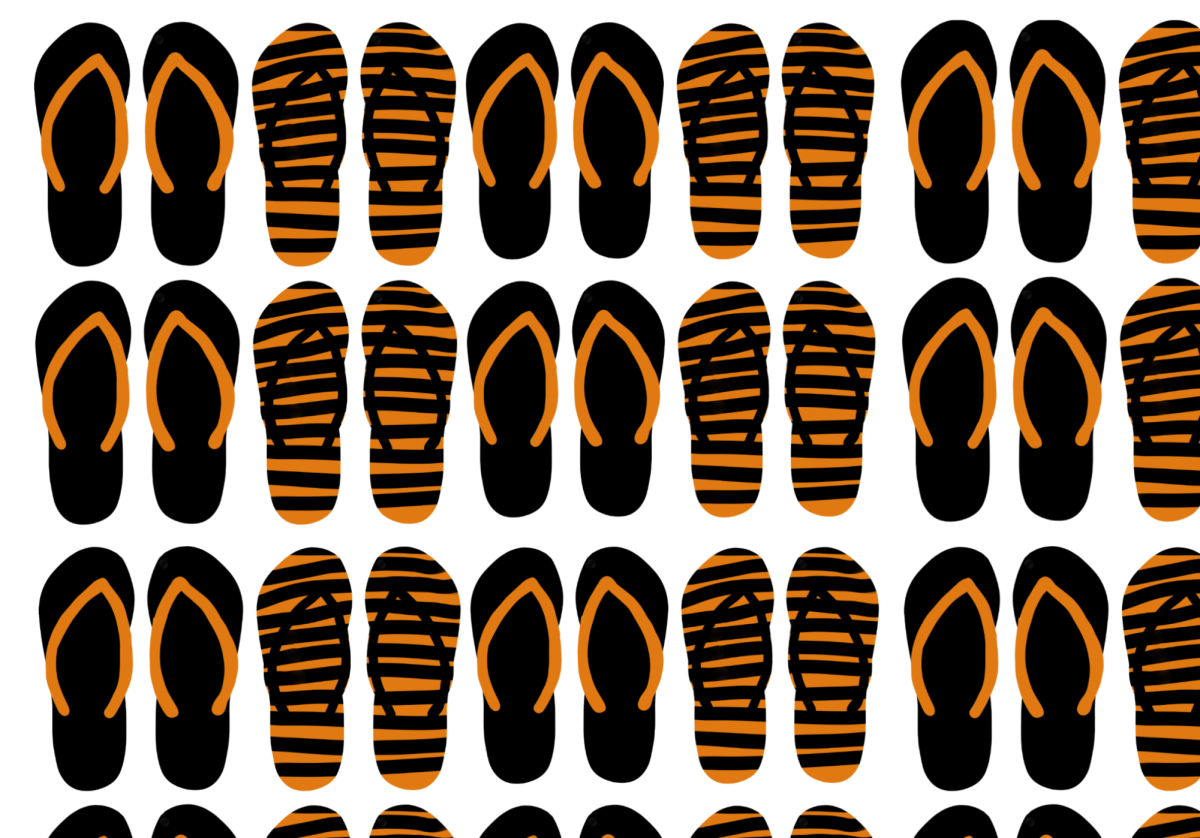
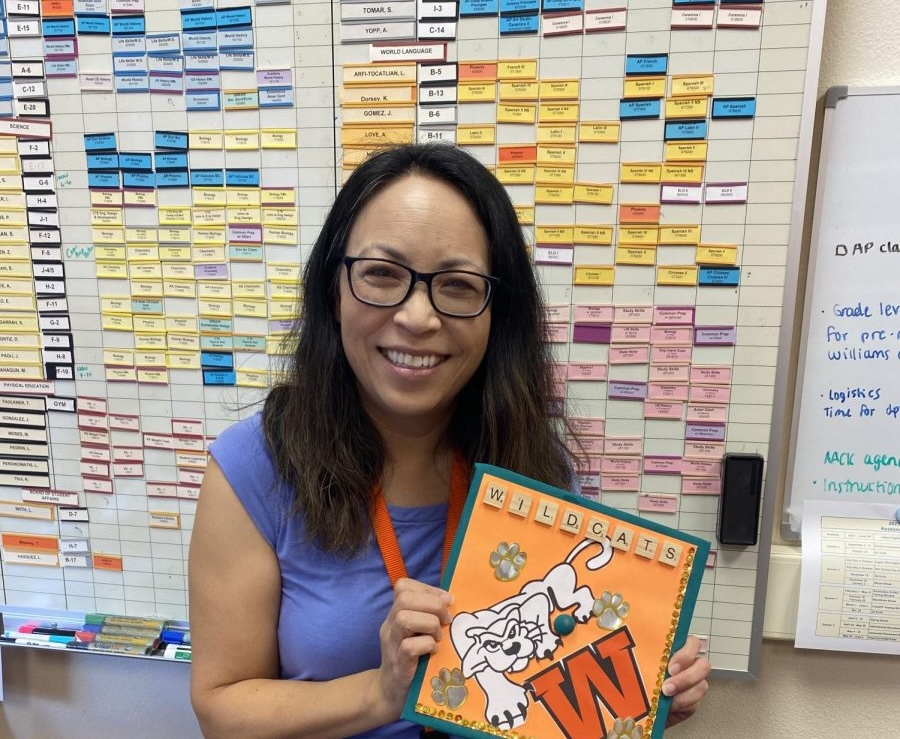

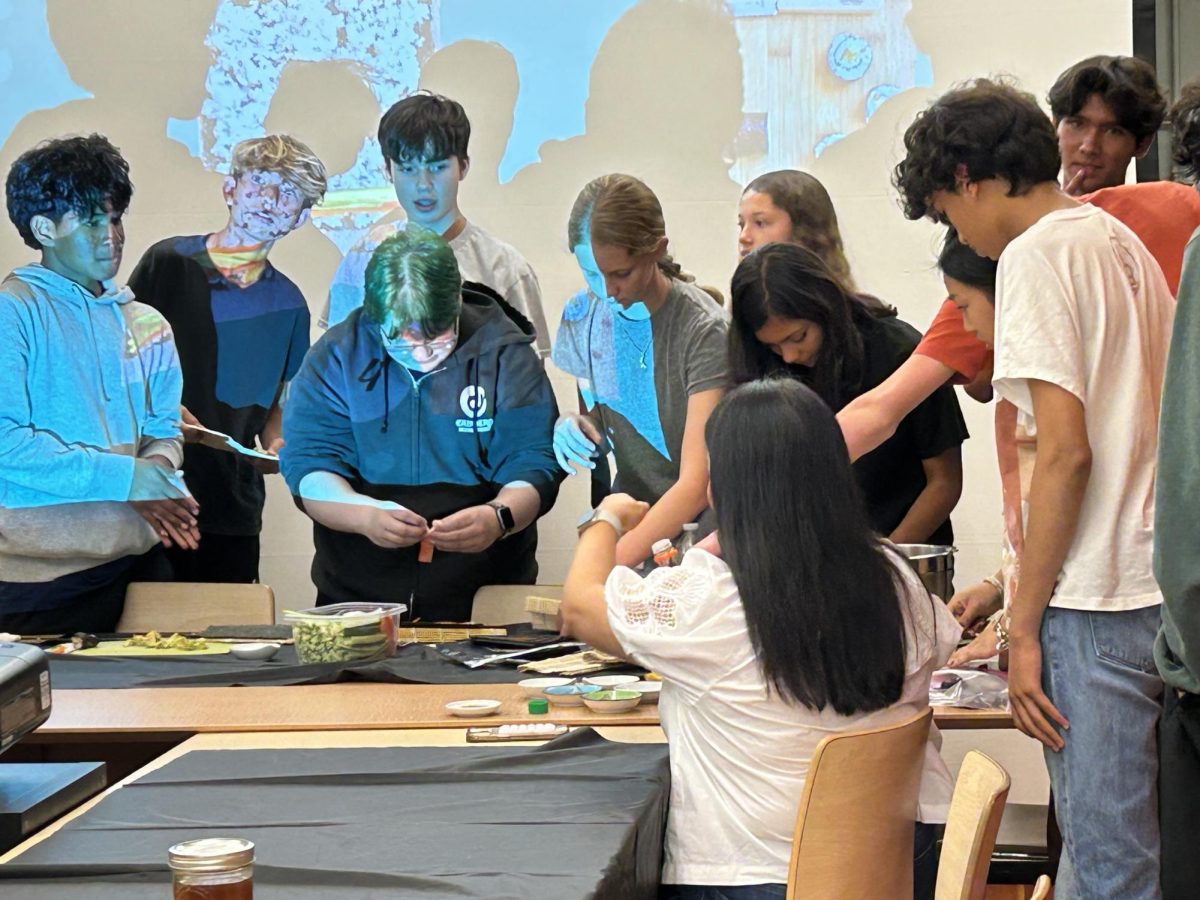



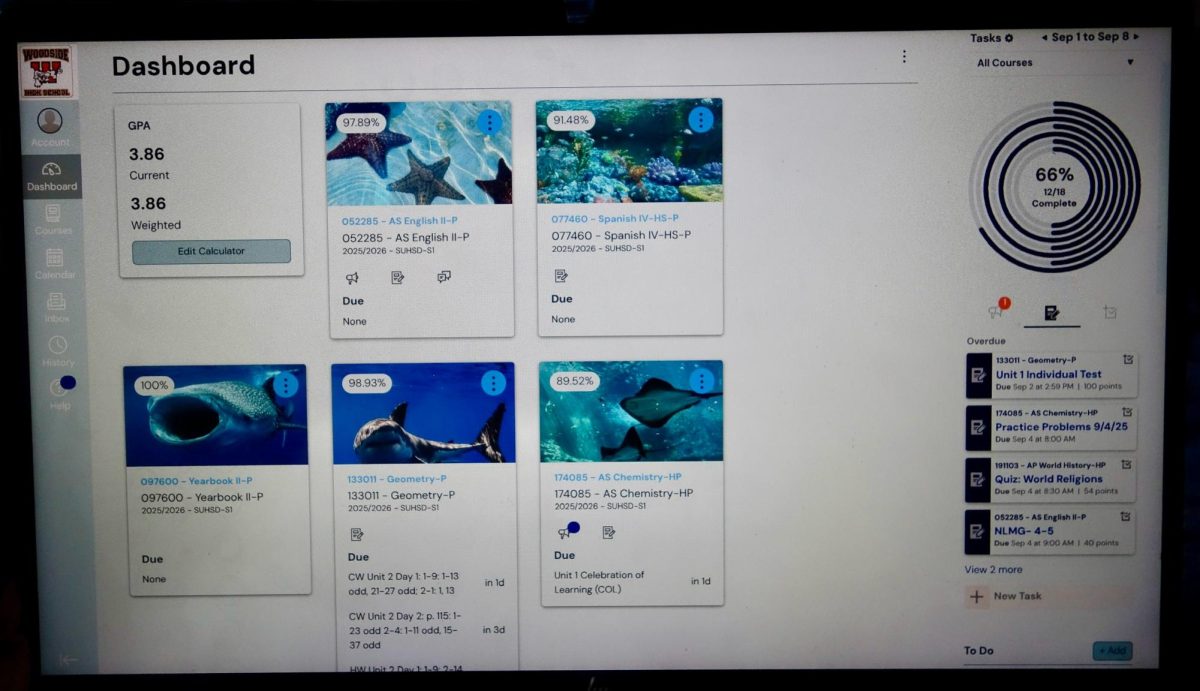
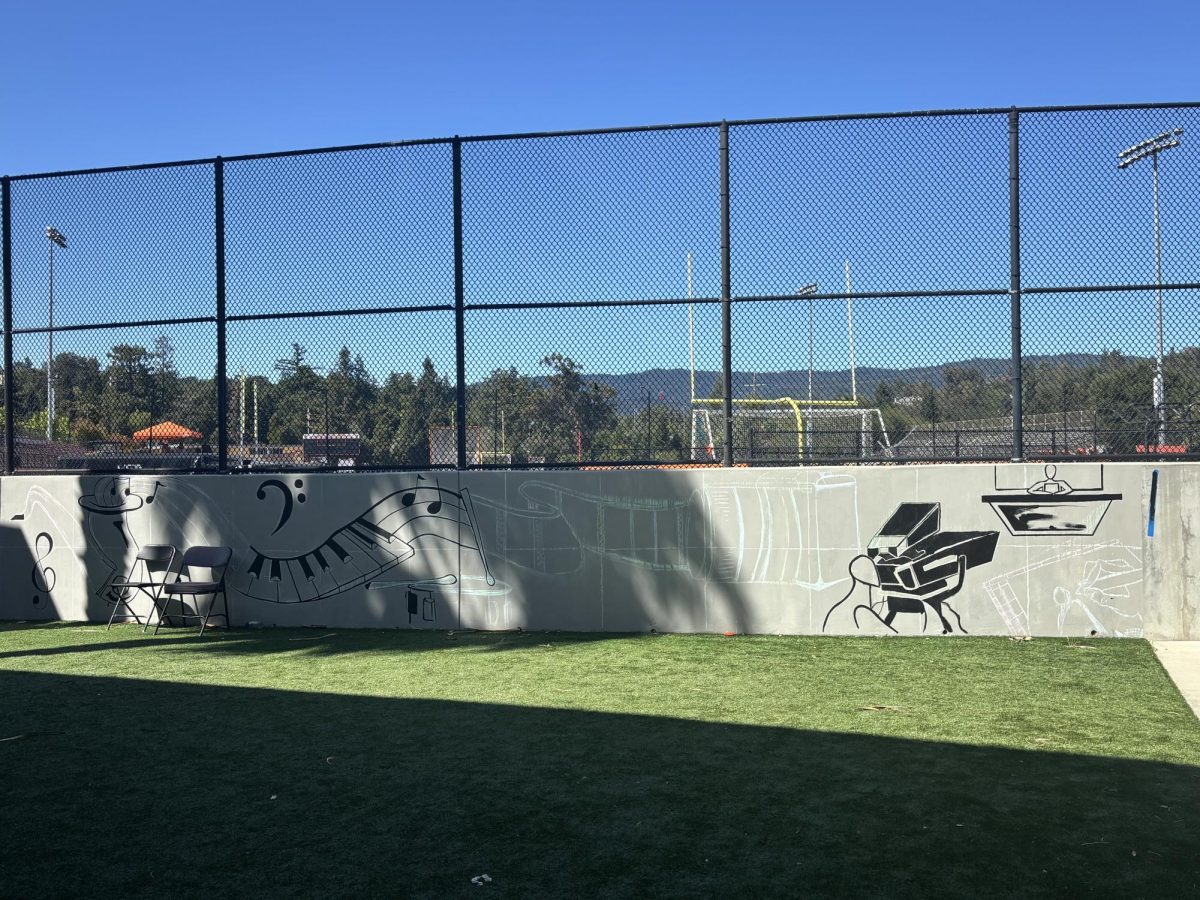
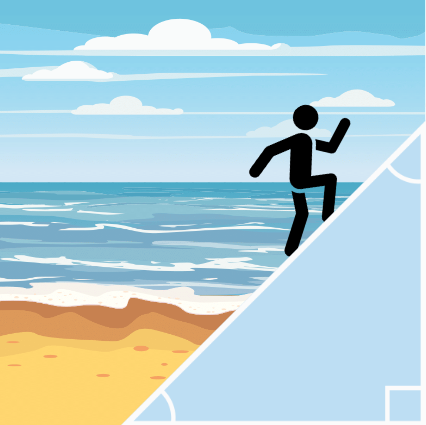





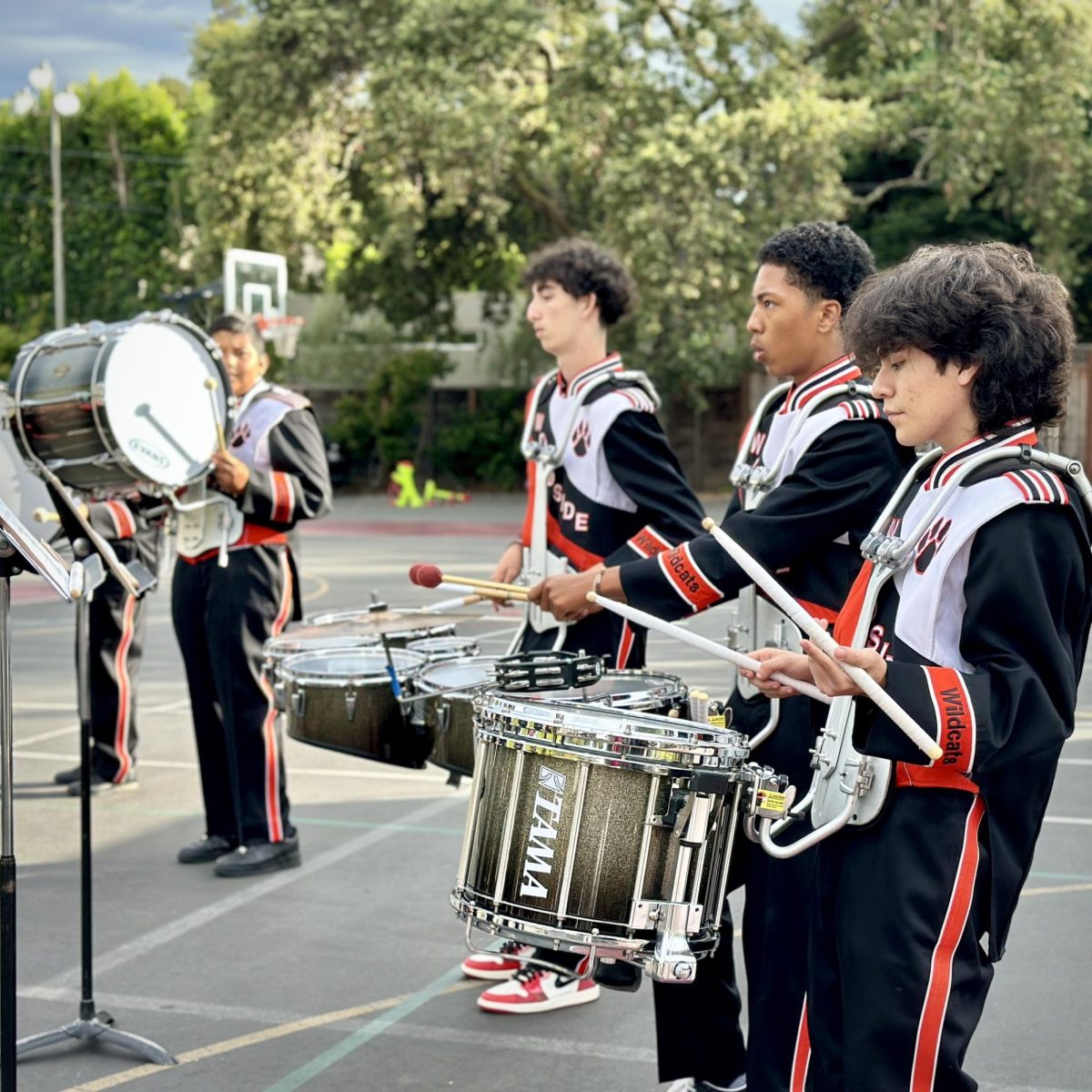


Quinn Watrous • Jan 19, 2024 at 11:22 AM
bruh